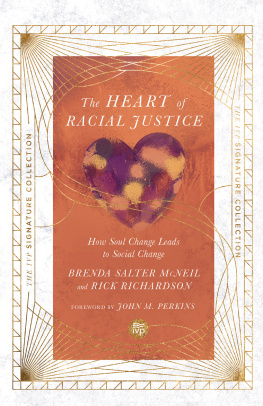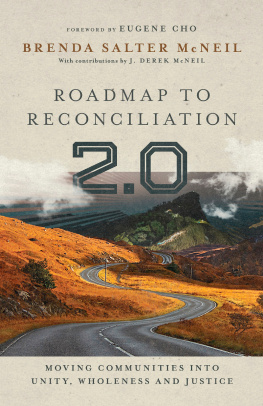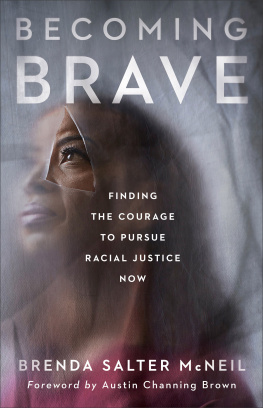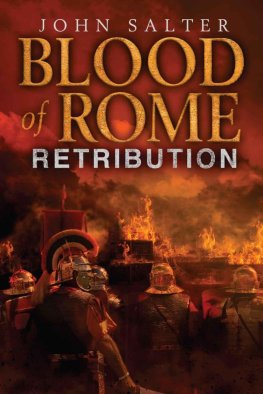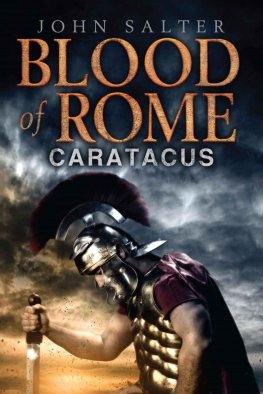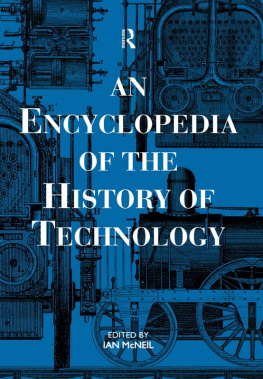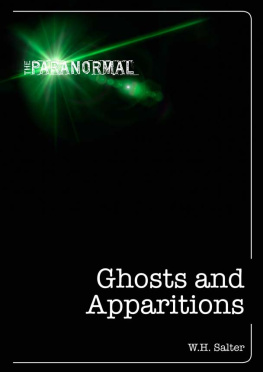Brenda Salter McNeil - Roadmap to Reconciliation 2.0
Here you can read online Brenda Salter McNeil - Roadmap to Reconciliation 2.0 full text of the book (entire story) in english for free. Download pdf and epub, get meaning, cover and reviews about this ebook. year: 2020, publisher: InterVarsity Press, genre: Religion. Description of the work, (preface) as well as reviews are available. Best literature library LitArk.com created for fans of good reading and offers a wide selection of genres:
Romance novel
Science fiction
Adventure
Detective
Science
History
Home and family
Prose
Art
Politics
Computer
Non-fiction
Religion
Business
Children
Humor
Choose a favorite category and find really read worthwhile books. Enjoy immersion in the world of imagination, feel the emotions of the characters or learn something new for yourself, make an fascinating discovery.

- Book:Roadmap to Reconciliation 2.0
- Author:
- Publisher:InterVarsity Press
- Genre:
- Year:2020
- Rating:5 / 5
- Favourites:Add to favourites
- Your mark:
- 100
- 1
- 2
- 3
- 4
- 5
Roadmap to Reconciliation 2.0: summary, description and annotation
We offer to read an annotation, description, summary or preface (depends on what the author of the book "Roadmap to Reconciliation 2.0" wrote himself). If you haven't found the necessary information about the book — write in the comments, we will try to find it.
Roadmap to Reconciliation 2.0 — read online for free the complete book (whole text) full work
Below is the text of the book, divided by pages. System saving the place of the last page read, allows you to conveniently read the book "Roadmap to Reconciliation 2.0" online for free, without having to search again every time where you left off. Put a bookmark, and you can go to the page where you finished reading at any time.
Font size:
Interval:
Bookmark:

RECONCILIATION

UNITY, WHOLENESS AND JUSTICE

with love and gratitude for her parenting,
prayers and perseverance,
who invested in me and saw the potential
of who I could become.
tied in a single garment of destiny. Whatever affects
one directly, affects all indirectly.
The Power of Catalytic Events
The Realization Phase
The Identification Phase
The Preparation Phase
The Activation Phase
The Restoration Cycle
Living Out Holistic Transformation
REVISED EDITION
- . Reconciliation happens by repairing broken systems.
- . Reconciliation happens by engaging power.
- . Reconciliation is not just focusing on relationships and feelings.
Font size:
Interval:
Bookmark:
Similar books «Roadmap to Reconciliation 2.0»
Look at similar books to Roadmap to Reconciliation 2.0. We have selected literature similar in name and meaning in the hope of providing readers with more options to find new, interesting, not yet read works.
Discussion, reviews of the book Roadmap to Reconciliation 2.0 and just readers' own opinions. Leave your comments, write what you think about the work, its meaning or the main characters. Specify what exactly you liked and what you didn't like, and why you think so.

